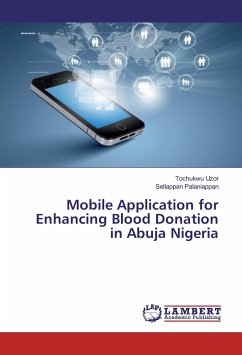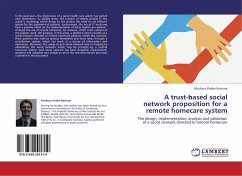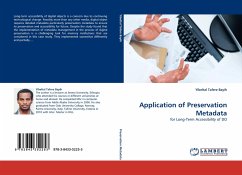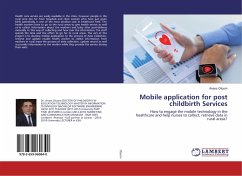
Formulating Value Proposition For A Java Mobile Application
Case Study for Kenya
Versandkostenfrei!
Versandfertig in 6-10 Tagen
47,99 €
inkl. MwSt.

PAYBACK Punkte
24 °P sammeln!
This research focuses on the value proposition of a Java mobile application (Tex2+) as perceived by end users (customers) and three kinds of business customers - a Kenya government parastatal, a financial institution and a GSM provider. There have been problems previously; firstly, is the issue of expensive costs using short messages. Secondly, there are problems that have existed for mobile developers in the mobile business ecosystem, namely; multiple platforms, lock-in practices, poor alignment of software to business processes and poor market place practices by participants. Thirdly, there ...
This research focuses on the value proposition of a Java mobile application (Tex2+) as perceived by end users (customers) and three kinds of business customers - a Kenya government parastatal, a financial institution and a GSM provider. There have been problems previously; firstly, is the issue of expensive costs using short messages. Secondly, there are problems that have existed for mobile developers in the mobile business ecosystem, namely; multiple platforms, lock-in practices, poor alignment of software to business processes and poor market place practices by participants. Thirdly, there is a business model problem; how does one merge economic theory and technology to arrive on a profitable business model? The research observes that a developer can promote his application directly to Kenyan end users - positive network effects lead to more value in the network. But they should not forget to incorporate businesses in their approach to value proposition.












